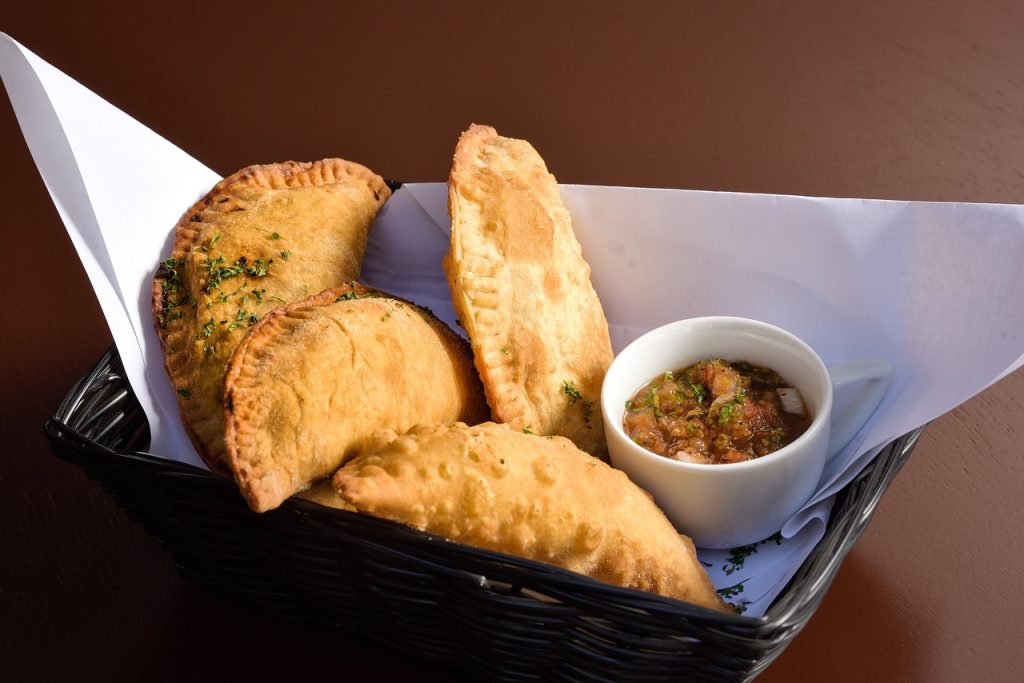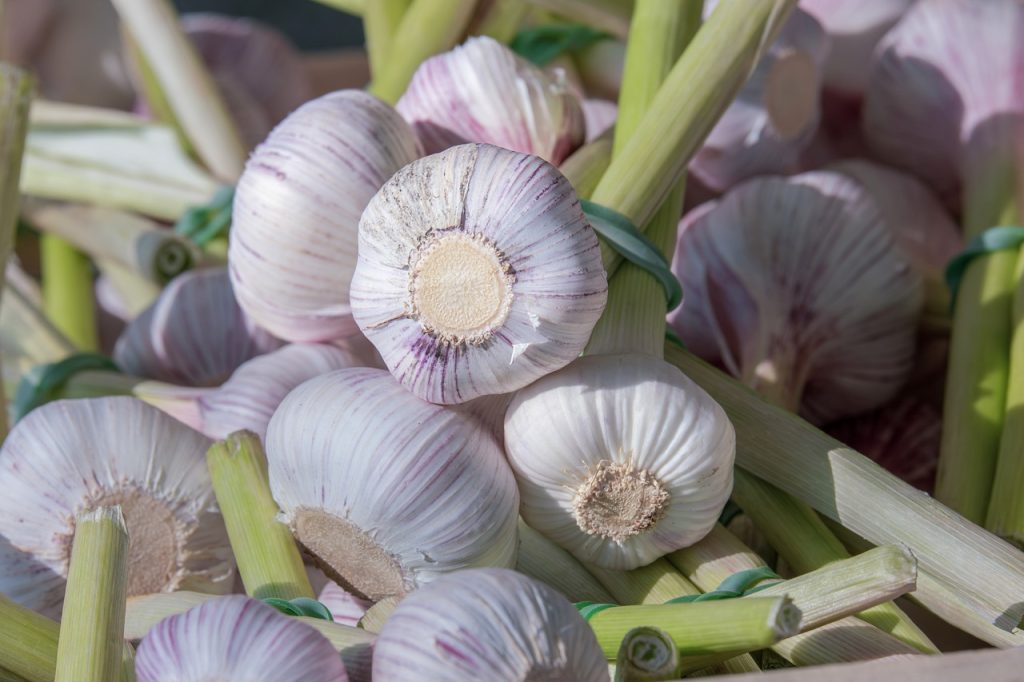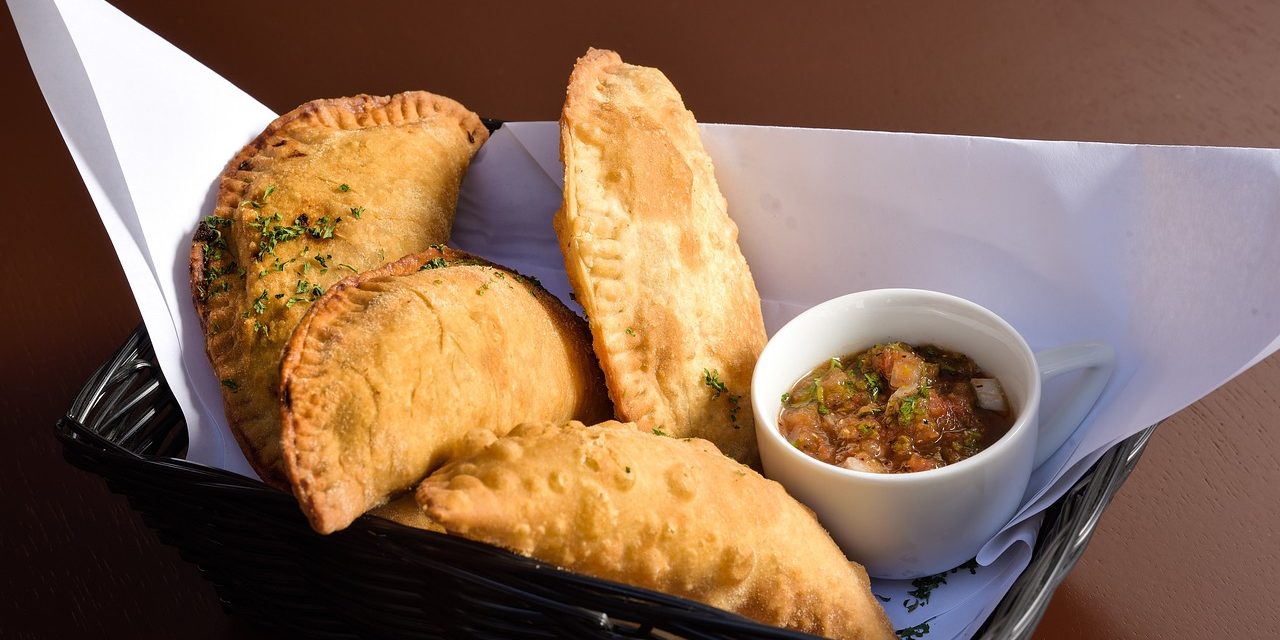Ready to embark on a delectable adventure? Join the Africa Safari Foodie as we journey into the heart of the wild to explore the tantalizing world of culinary delights. From savoring savory game meat dishes to indulging in exotic tropical fruits, this article will take you on an immersive journey through Africa’s diverse and mouthwatering cuisine. So, get your taste buds ready and let’s discover the flavors that await us in the untamed wilderness.
Introduction to African Safari Food
When embarking on an African safari, the incredible wildlife and breathtaking landscapes are not the only things that will captivate your senses. African cuisine offers a rich culinary experience that is as diverse and vibrant as the continent itself. From traditional dishes that have been passed down through generations to the fusion of flavors influenced by global cuisines, African food is a delightful exploration of taste and culture. In this article, we will delve into the world of African safari food, exploring the unique flavors, the importance of food in African culture, and the traditional dishes that will leave you craving for more.
Traditional African Dishes
African cuisine is deeply rooted in tradition, with each region boasting its own unique culinary heritage. Staple foods like sorghum, maize, yam, cassava, and millet form the foundation of many African dishes. These nutrient-rich crops have sustained African communities for centuries, providing sustenance and nourishment in a challenging environment. But it is not just the staples that give African cuisine its identity; it is the skillful combination of indigenous ingredients and spices that brings out the true flavors of the continent.
Each region in Africa has its own popular traditional dishes that showcase the diverse flavors and culinary expertise. In West Africa, you will find dishes like Jollof rice, a savory rice dish cooked in a rich tomato sauce with an array of spices and vegetables. East Africa offers delicacies such as Ugali, a staple made from maize flour cooked to a thick porridge-like consistency, often accompanied by flavorful stews and sides. In South Africa, the iconic Braai, or barbeque, takes center stage, with succulent meats, grilled vegetables, and traditional sides creating a feast for the senses.

Experiencing Local Markets
No trip to Africa would be complete without stepping foot into its vibrant and bustling food markets. From the sprawling markets in Marrakech to the bustling streets of Johannesburg, African cities are a treasure trove of fresh and exotic produce. As you wander through the vibrant stalls, you will be greeted by an array of colors, textures, and aromas that will awaken your taste buds.
Interacting with the lively local vendors is a unique experience in itself. They will share stories about their ingredients, the best cooking techniques, and even offer samples of their products. From juicy tropical fruits like mangoes and papayas to exotic vegetables like okra and baobab leaves, the markets offer a glimpse into the diversity of African ingredients. Don’t be afraid to try something new and unfamiliar – this is your chance to explore the true flavors of Africa.
Game Meat and Exotic Delicacies
For the adventurous foodies out there, an African safari offers the perfect opportunity to try game meat and exotic delicacies. As you venture into the wild, you can embrace the thrill of tasting meats like kudu, impala, or even buffalo. The unique flavors and textures of game meat are unlike anything you have ever experienced, with the lean and tender meat reflecting the animals’ natural diet and lifestyle.
If you’re feeling a bit more daring, why not indulge in exotic delicacies like crocodile or ostrich? These unusual meats may sound intimidating, but they are considered local delicacies in certain parts of Africa and offer a taste sensation that will leave you wanting more. From grilled crocodile skewers to tender ostrich steaks, these unique dishes add an extra layer of excitement to your culinary journey.

Regional Food Festivals
For those looking to immerse themselves in the vibrant culinary scene of Africa, attending food festivals in different countries is an absolute must. These festivals celebrate the rich diversity of African cuisine and offer a platform for local chefs, food vendors, and enthusiasts to come together and share their passion for food and culture.
Whether it’s the “Taste of Cape Town” in South Africa, or the “Ghana Street Food Festival” in Accra, you will find yourself surrounded by a melting pot of flavors, aromas, and cultural experiences. These festivals not only showcase the best of local cuisine but also offer workshops, cooking competitions, and live demonstrations for those eager to learn more about African cooking techniques and ingredients. Prepare to have your taste buds ignited as you savor the incredible variety of dishes and immerse yourself in the rich tapestry of African food culture.
Wilderness Campfire Cooking
While indulging in the culinary delights of African cuisine is a treat in itself, the experience becomes even more magical when you have the opportunity to learn traditional cooking techniques amidst the stunning wilderness. Many safari camps and lodges offer interactive cooking sessions led by local guides, giving you a glimpse into the authentic methods used to prepare meals in the African bush.
Picture yourself sitting around a crackling campfire, surrounded by the sounds of nature as you learn to prepare meals using traditional utensils and cooking methods. From baking bread in a cast-iron pot to slow-cooking stews over an open fire, every step of the process becomes an adventure. As you savor the flavors of freshly prepared meals in the heart of nature, you will gain a deeper appreciation for the connection between food and the African wilderness.

Exploring African Flavors through Wine and Spirits
While African cuisine is known for its bold and vibrant flavors, the continent also has a burgeoning wine and spirits scene that is worth exploring. Various regions across Africa are producing unique and exceptional wines that reflect the diverse landscapes and climates in which they are grown.
From the vineyards of Stellenbosch in South Africa to the high-altitude wineries of Ethiopia, African wines have garnered international acclaim for their quality and distinct characteristics. Take a tour of the vineyards, engage in wine tastings, and embrace the opportunity to pair these exceptional wines with local African dishes for a truly gastronomic experience.
In addition to wine, Africa is home to a range of traditional spirits that offer a window into the rich cultural heritage of the continent. Mead, a honey-based fermented drink, is enjoyed in various African countries and offers a unique and refreshing alternative to traditional alcoholic beverages. Palm wine, sourced from the sap of palm trees, is another popular local spirit that is both delicious and culturally significant. Embrace the opportunity to discover the hidden gems of African beverages and elevate your culinary experience to new heights.
Farm-to-Table Experiences
For those seeking to engage in sustainable and ethical practices, farm-to-table experiences in Africa provide a unique opportunity to learn about organic farming and participate in cooking classes using locally sourced ingredients. Visit local farms and witness firsthand the careful cultivation and harvesting of produce. Engage with farmers and gain insight into their organic practices, promoting environmental sustainability and responsible agriculture.
Participate in farm-to-table cooking classes where you will learn to transform these fresh ingredients into delicious and nutritious meals. From the vibrant colors of farm-fresh vegetables to the fragrant herbs and spices, you will experience the true essence of African flavors. Immerse yourself in the farm-to-table movement, supporting local communities and savoring the taste of Africa at its finest.
Indigenous African Ingredients
One of the highlights of African cuisine is its use of indigenous ingredients that have been deeply intertwined with the culture and traditions of the continent for centuries. From unique herbs and spices to exotic fruits and vegetables, these ingredients not only add a distinctive flavor to dishes but also carry important cultural and medicinal significance.
Explore the use of indigenous ingredients such as xawaash, a Somali spice blend, or the fiery berbere spice mix from Ethiopia. Discover the medicinal properties of moringa, a nutrient-rich “superfood,” or the healing qualities of the marula fruit. Indigenous African ingredients offer a deeper connection to the land and its people, allowing you to appreciate the cultural and historical significance behind every dish.
The Influence of Colonial and Global Cuisines
African cuisine is a testament to the continent’s rich history and the influences of colonialism and globalization. With European, Arab, and Asian traders and colonizers leaving their mark on the continent, African cuisine has evolved and transformed over time, resulting in a unique fusion of flavors and culinary traditions.
Discover the fusion of African and colonial cuisines, exemplified in dishes like Bunny Chow, a South African street food made of a hollowed-out loaf of bread filled with curry. Explore the impact of global influences on African dishes, such as the introduction of spices like chili peppers, tomatoes, and potatoes. Through the lens of food, you can gain a deeper understanding of Africa’s complex history and the cross-cultural exchange that has shaped its culinary landscape.
In conclusion, African safari food is a journey of flavors and culture. From traditional dishes to exotic meats, bustling markets to vineyards, farm-to-table experiences to indigenous ingredients, African cuisine offers a treasure trove of culinary delights. By immersing yourself in the vibrant food culture of Africa, you will not only satisfy your taste buds but also gain a deeper appreciation for the diverse and captivating continent. So, as you embark on your African safari, prepare to indulge in a gastronomic adventure that will leave you with unforgettable memories and a newfound love for African cuisine.












